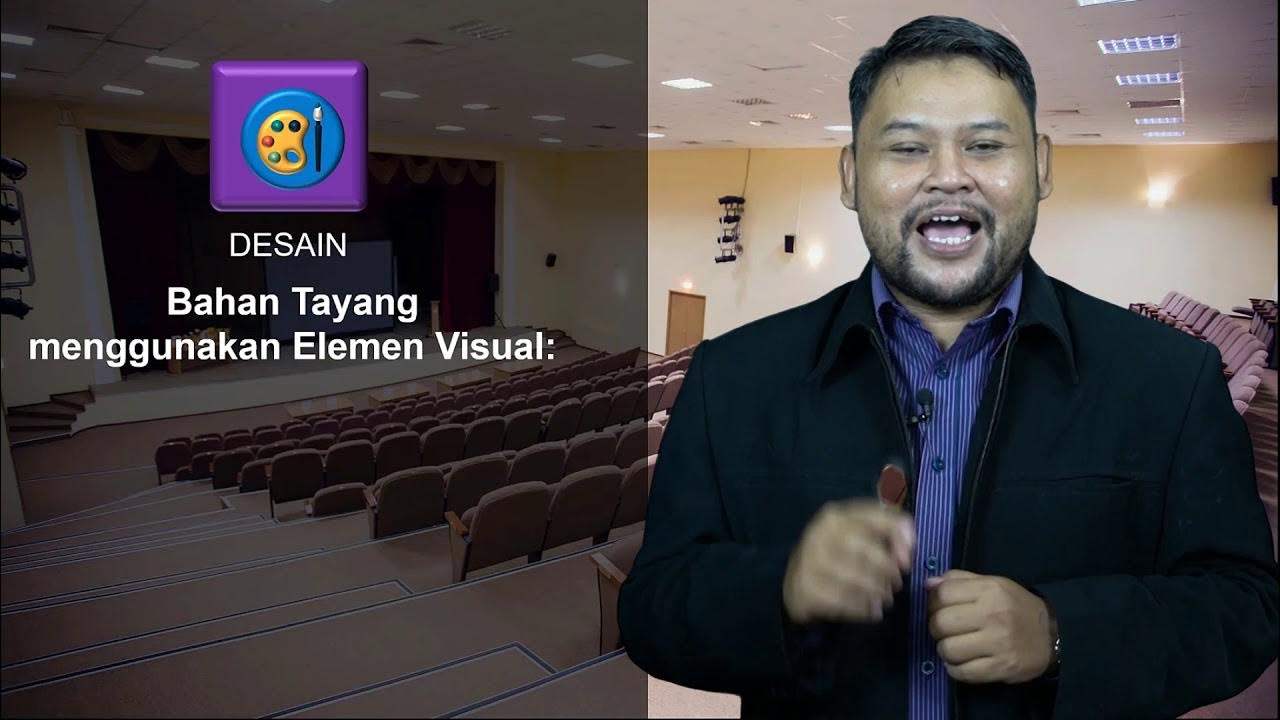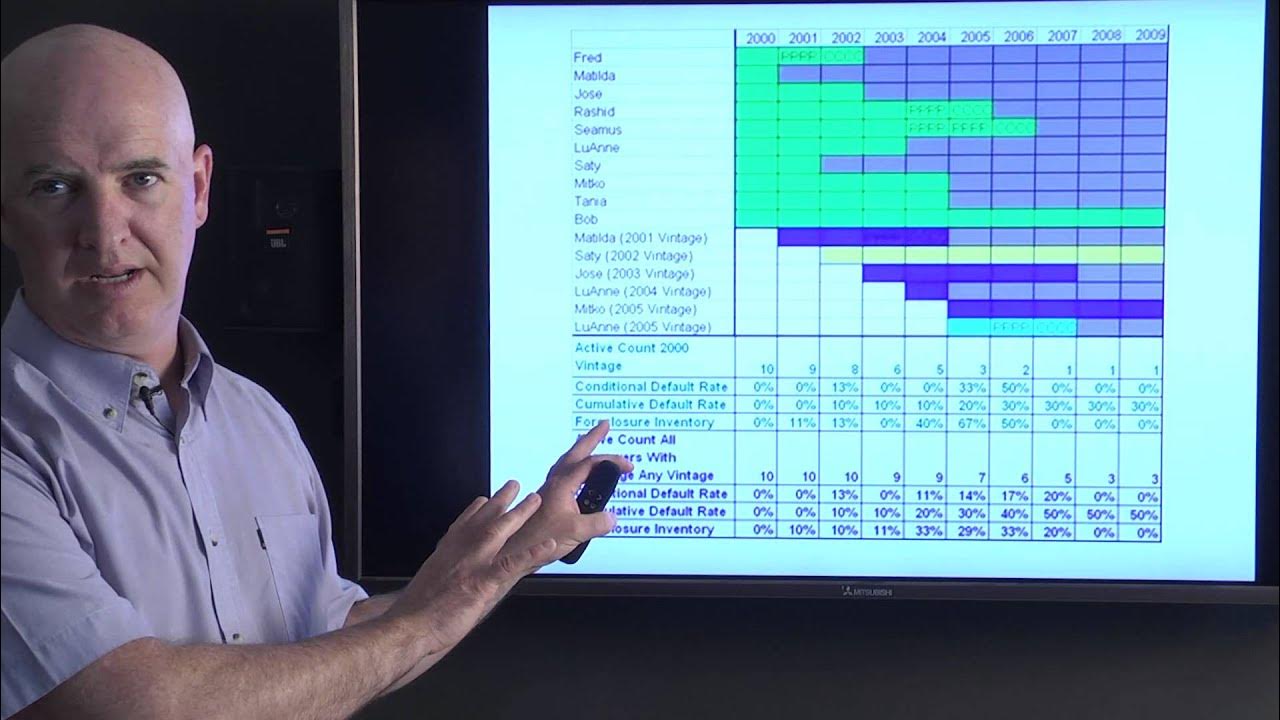TEDxEMU - Gordon Kangas - Giving Presentations Worth Listening To
Summary
TLDRThe speaker critiques conventional presentation methods, emphasizing that most presentations fail because they prioritize content over audience transformation. Instead of simply delivering information, a presentation should guide the audience from their initial mindset (red square) to a new perspective or action (green square). The speaker introduces a goal-driven, focused approach to achieve this, stressing clarity, concision, and relevance. He advocates using the 'rule of three' to structure presentations, ensuring effectiveness by transforming how audiences think, feel, and act rather than just engaging them momentarily.
Takeaways
- 🎓 The speaker is a proud alumnus of Eastern Michigan and shares news about changes on campus.
- 💡 People generally do not enjoy presentations, but the audience here is motivated by the desire to learn and be inspired.
- ❌ Traditional presentation methods are often broken, focused on delivering content rather than truly engaging the audience.
- 🎯 A successful presentation should have a clear goal: take the audience from their current mindset (red square) to a new perspective or action (green square).
- 🧠 The speaker emphasizes that understanding and behavior change are more important than simply delivering information.
- 🏁 The first step in creating a better presentation is to set a goal: What do you want the audience to feel, do, or believe by the end?
- 🌱 The speaker introduces the idea of planting a 'big idea' in the audience's mind—a simple, strategic concept that leads to the desired outcome.
- 🚶♂️ A good presentation is like guiding the audience on a direct path toward the goal, rather than taking them on a meandering, unfocused journey.
- 🔑 Presentations should focus on being effective, not just interesting. Effectiveness comes from driving change, not entertainment.
- 🔢 The rule of three: Organize your presentation into three main ideas to guide the audience from the red square to the green square, ensuring clarity and focus.
Q & A
What is the speaker's main critique of traditional presentations?
-The speaker critiques traditional presentations for focusing too much on delivering information rather than ensuring the audience understands or takes action. They argue that simply presenting information is not enough if the goal is to create change or inspire action.
What is the significance of the 'red square' and 'green square' in the speaker's new presentation system?
-The 'red square' represents the audience's initial state, including their biases, knowledge, and opinions. The 'green square' represents the desired outcome where the presenter wants the audience to be after the presentation, such as a new opinion or readiness to take action.
How does the speaker define a successful presentation?
-A successful presentation is one that effectively moves the audience from their initial state (red square) to the desired state (green square) by changing their mindset, understanding, or inspiring action. The key is to set a clear goal for the presentation and work strategically to achieve it.
What role does 'the big idea' play in a functional presentation, according to the speaker?
-The 'big idea' is the core message that the presenter wants the audience to believe and embrace. It is strategically simple, allowing the audience to internalize it and take actions that align with the presenter's goals without feeling forced.
Why does the speaker mention the movie 'Inception' in relation to presentations?
-The speaker references 'Inception' to explain how a well-crafted presentation can plant a strategic idea in the audience's mind, leading them to adopt the desired belief or action on their own, similar to how the movie's characters plant ideas in people's dreams.
What does the speaker mean by 'you're not there to be interesting, you're there to be effective'?
-The speaker emphasizes that the primary goal of a presentation should be to achieve a specific outcome, such as changing minds or inspiring action. While being interesting helps, it is secondary to being effective in delivering the message and achieving the desired result.
How does the 'rule of three' enhance presentations?
-The 'rule of three' simplifies complex ideas by consolidating them into three key points, making it easier for the audience to follow and remember. It also provides a clear structure for guiding the audience from their initial state to the desired outcome.
What is the difference between 'presenting content' and 'changing mindset' in a presentation?
-'Presenting content' involves merely sharing information with the audience, while 'changing mindset' focuses on influencing how the audience thinks, feels, or acts based on that information. The speaker advocates for the latter approach, where the goal is to inspire meaningful change.
What advice does the speaker give for setting goals in presentations?
-The speaker advises setting an achievable goal that challenges the presenter but is realistic within the time frame. The goal should focus on the change or action the presenter wants the audience to take, such as adopting a new opinion or behavior.
Why does the speaker criticize the idea of 'winging it' in presentations?
-The speaker argues that 'winging it' often leads to presentations that are unfocused and ineffective. Instead of prioritizing being interesting, presenters should carefully plan to ensure their message is clear and leads to the desired outcome for the audience.
Outlines

Cette section est réservée aux utilisateurs payants. Améliorez votre compte pour accéder à cette section.
Améliorer maintenantMindmap

Cette section est réservée aux utilisateurs payants. Améliorez votre compte pour accéder à cette section.
Améliorer maintenantKeywords

Cette section est réservée aux utilisateurs payants. Améliorez votre compte pour accéder à cette section.
Améliorer maintenantHighlights

Cette section est réservée aux utilisateurs payants. Améliorez votre compte pour accéder à cette section.
Améliorer maintenantTranscripts

Cette section est réservée aux utilisateurs payants. Améliorez votre compte pour accéder à cette section.
Améliorer maintenantVoir Plus de Vidéos Connexes

Pitch Your Ideas Better by Using the Magic of Visual Storytelling

The 3 Magic Ingredients of Amazing Presentations | Phil WAKNELL | TEDxSaclay

Teknik Presentasi Ilmiah Presentasi Efektif

15 Brutally Honest TRUTHS That Give You an Unfair Advantage in Life

Academic Skills - Presenting Effectively - Part 3

Soft Skills | Presentation Skills | How to Improve your Presentation? | Tutorialspoint
5.0 / 5 (0 votes)
